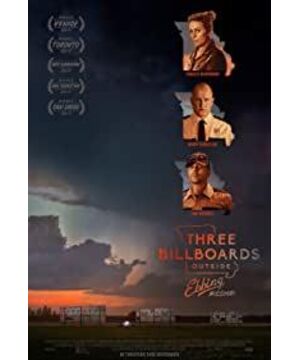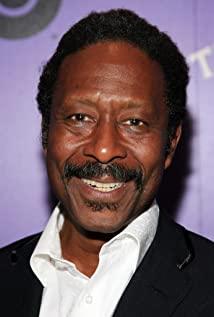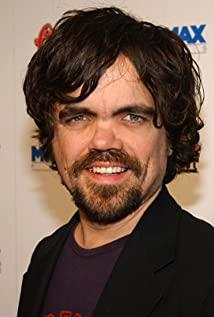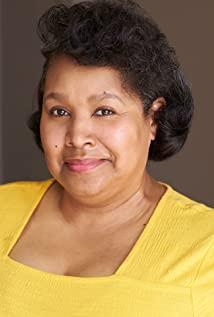The office in the afternoon is quiet. Put on your headphones, have a glass of cold brew, and come to a movie.
1. Mildred
Francis McDormand (Sister Cohen) didn't want to take on the role at first because she felt that this working-class, blue-collar, domestic violence woman shouldn't have married late, as she is 58 years old. Age is not suitable for acting, and it is really fortunate that she accepted it in the end. Otherwise, we wouldn't have seen such a wonderful performance and such a flesh-and-blood mother image.
Mildred is a woman who has experienced domestic violence. It is not difficult to find that her ex-husband's violent tendencies are very serious when her ex-husband returned home and turned over the table without saying a word. She suffered from long-term and profound domestic violence. But she still lived with him and had two children until he dated another 19-year-old animal breeder. Essentially, she's a forbearing, sensitive, and even timid woman, at least she used to be. But today, she can break into the police station by herself, openly kick and beat her son's classmates, erect three billboards satirizing the police chief, and even set fire to the police station... Her grievances are so many that it has become anger , she didn't know how to deal with it, so she chose indifference and violence. This became her armor, armor to protect herself. Of course, violence at least allowed others to see her and her demands. Some people will think that this mother is too poisonous and has not shown the sympathy and tolerance she should have for the police chief who is already suffering from cancer, but I think her whole body and mind are immersed in pain, entanglement, and self-blame. The heart has no room for any other excess softness. Violence is there, and it is reasonable to exist.
2. Dixon
Put him second because I love this character so much. This is a stupid and cute boy who has not grown up! In fact, at the beginning his existence was interference, irritability, and obstruction. I once thought that this was a simple villain. He was so sad to learn that Chief Willoughby had committed suicide, but all he knew was to vent through violence. Dixon then has a monologue, plus a long, shaky take to show his rage and irrationality. He rushed to the opposite advertising company, beat up the advertising boy and threw it out the window. This is what he thinks is the best way to commemorate the chief, and it is also the way he thinks to be a good policeman.
His love and innocence were nowhere to be found, and he didn't know how to properly use his kindness and courage (which had something to do with his experience being raised by a single, alcoholic mother). Everything about him changed in an instant until he read the letter Willoughby left him. Some commentators will say that Dixon's change was too sudden, I don't think so. Because his essence is pure and pure, all interference, discrimination, and violence are also his umbrella. He just doesn't know how to be a good person, he just needs more inner peace. Humanity! How complex, profound, and interesting.
3. Willoughby
The police chief, played by Woody Harrelson , is the driver of all the twists. Such a kind and dedicated person finally chose to commit suicide, and it was a headshot suicide with a hood - he still wanted to end his life in a decent and less painful way. In fact, I guessed that he was the one who helped Mildred pay for the billboards. He couldn't solve the case. The only way to help Mildred is to dispel anger, heal wounds, commemorate the dead, warn criminals, and let The three billboards in scarlet garish the irony of themselves for a little longer. When a person can mock himself, he is a transparent person.
It is worth mentioning that the advertising agency's little brother Robbie, Lucas Hedges , did not make many appearances, but it was definitely a bright spot. The orange juice he handed to the burnt Dixon through a straw was a breach in Dixon's last line of defense. This little brother is so warm, so nice.
Finally, Mildred and Dixon, both armed with guns, drove to the criminal's residence. She asked: Are you sure you want to kill that guy? Dixon: Not sure, how about you? Mildred: Not sure. Let's go first, kill him or not, let's talk. Just two soft people, aren't they?
Pretty songs and pretty places, tell me waht their laughter means
Life will not protect everyone forever. After experiencing this in the world, everyone stands out and fights hard. Some unfortunate people are even riddled with holes. But your attitude is yours. We are discriminated against, framed, betrayed and abandoned. So we scolded, fought, gambled, smoked and drank, learned what violence is, and understood the pleasure brought by violence. But remember, no matter what, don't hate, hate, it's the abyss, it's the devil, it's endless pain, because hate only brings more hate.
The rhythm of the whole film is just right, neither slow nor in a hurry, everything that needs to be explained is also explained, each supporting role is also functional, and the outbreak is also taken advantage of. The time to watch is a little fragmented, and there is always something in the middle, so wait for the second brush.
View more about Three Billboards Outside Ebbing, Missouri reviews











